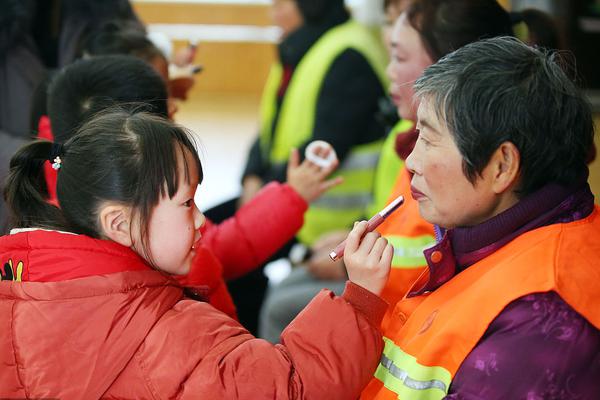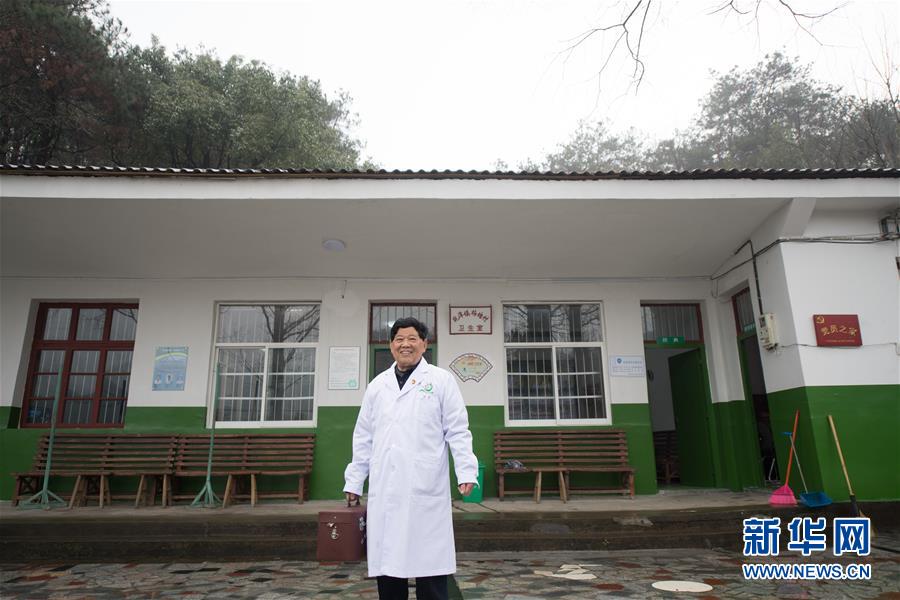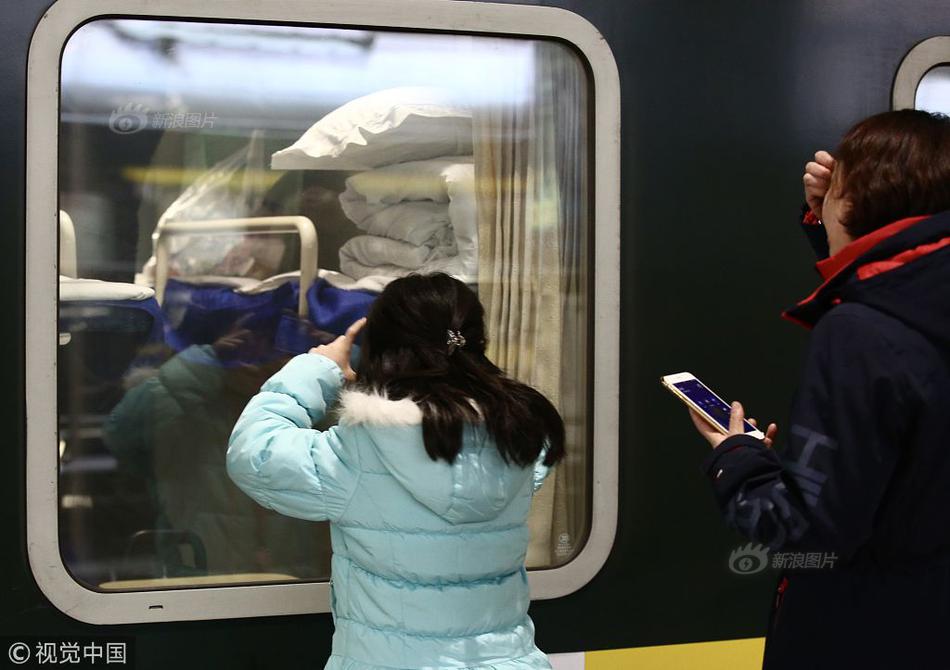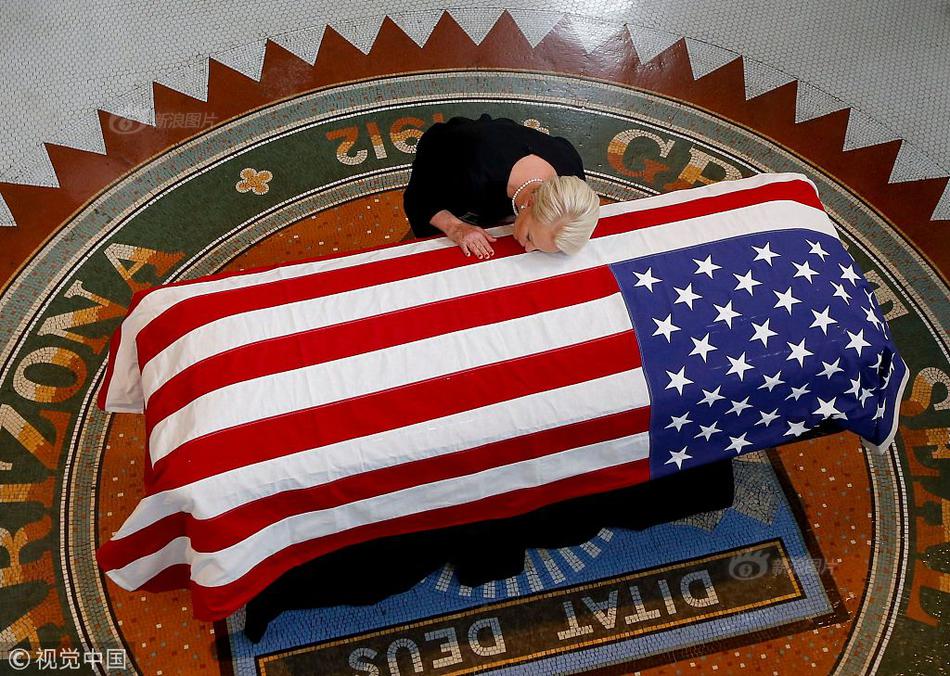Well that had to985 Archivesthe oddest job-recruitment pitch ever streamed to YouTube.
Late Friday afternoon, Elon Musk took the stage to update the world on Neuralink — his effort to link the human brain to computers — and to implore engineers, animal care professionals, and robotics experts to join him. At the heart of the demo was a pig by the name of Gertrude, which he claimed has been linked up to some form of Neuralink for the past two months.
Repeatedly emphasizing that the goal of the presentation was recruitment, Musk described the Neuralink device as "a Fitbit in your skull, with tiny wires." Specifically, those tiny wires are one-twentieth the thickness of a hair, and 43 millimeters long. But it's possible to make them even longer to reach regions deeper in the brain, a Neuralink employee said.
Musk predicted that Neuralinks, "about the size of a large coin," would one day be implanted in humans in under an hour courtesy of a custom robot that is currently under development. He's talked about this before.
 The robot in question. Credit: Screenshot / neuralink
The robot in question. Credit: Screenshot / neuralink "I could have a Neuralink right now and you wouldn't know," Musk joked to the crowd. "Maybe I do."
The idea, as Musk framed it, is to one day be able to "solve" a host of human ailments — memory loss, hearing loss, blindness, paralysis, depression, insomnia, extreme pain, seizures, anxiety, addiction, strokes, and brain damage — with the relatively tiny device.
"These can all be solved with an implantable Neuralink," Musk claimed.
 Musk, holding a prototype of the device. Credit: screenshot / neuralink
Musk, holding a prototype of the device. Credit: screenshot / neuralink The question, of course, is does any of this work? It's clearly early stages, but Musk demonstrated that the Neuralink in Gertrude "connects to neurons that are in her snout," and showed a gathered crowd that when Gertrude sniffed and ate food, the computer received signals. The threads connecting the device to her brain are flexible, Musk said, so when she head-butts other pigs it can jostle around and still work.
 Gertrude and her signals. Credit: screenshot / neuralink
Gertrude and her signals. Credit: screenshot / neuralink So that's something, at least. It's also a step up from his USB-rat.
As Musk envisions it, in the future the Neuralink will connect to your phone via Bluetooth, and will charge wirelessly overnight.
In the Q&A segment that followed the presentation, a Neuralink employee stressed that privacy and security are on everyone's mind. All neural data would be encrypted, he stressed, and the company is already working with penetration testers to gird the device against hackers.
Musk insisted that the team is "working closely with the FDA," and that safety is their top priority. Oh yeah, and did he mention they're hiring?
SEE ALSO: Elon Musk claims robot surgeon will sew electrodes into human brains in 2020
"If you've, like, shipped a smartwatch or a phone, or any kind of complex electronics or complex device, or advanced medical devices, we'd love for you to contact us and consider working here," Musk said toward the end of his presentation. "So, a very important point to emphasize is that you do not need to have prior experience on brains."
The future is a weird place.
Topics Elon Musk
(Editor: {typename type="name"/})
 'Mario Kart World' Nintendo Direct: 3 takeaways
'Mario Kart World' Nintendo Direct: 3 takeaways
 Twitter users are sharing photos from before coronavirus lockdowns
Twitter users are sharing photos from before coronavirus lockdowns
 Why some viruses die out in summer, but others thrive
Why some viruses die out in summer, but others thrive
 'Wordle' today: Here's the answer, hints for April 12
'Wordle' today: Here's the answer, hints for April 12
How an Australian VR gaming studio scored a gig with Boeing to train astronauts
 For Australian game studio Opaque Space, you could say life has been imitating art recently.The Melb
...[Details]
For Australian game studio Opaque Space, you could say life has been imitating art recently.The Melb
...[Details]
Spotify's new new 'Daily Wellness' playlist is worth a try but has a few flaws
 With all the stress in the world — you know, a deadly, terrifying global pandemic — Spot
...[Details]
With all the stress in the world — you know, a deadly, terrifying global pandemic — Spot
...[Details]
How to hide likes on Instagram, because who cares, anyway
 In an attempt to make users' experience more pleasant, in 2021 Instagram rolled out the ability to h
...[Details]
In an attempt to make users' experience more pleasant, in 2021 Instagram rolled out the ability to h
...[Details]
Twitter users are sharing photos from before coronavirus lockdowns
 We don't need to be told that life looked different before the coronavirus led to quarantine and loc
...[Details]
We don't need to be told that life looked different before the coronavirus led to quarantine and loc
...[Details]
NYT Connections Sports Edition hints and answers for March 4: Tips to solve Connections #162
 Connections: Sports Editionis a new version of the popular New York Times word game that seeks to te
...[Details]
Connections: Sports Editionis a new version of the popular New York Times word game that seeks to te
...[Details]
TikTokGPT: ChatGPT's mission to make someone TikTok famous in 30 days
 This is the story of one man's mission to become TikTok famous using ChatGPT. Following in the foots
...[Details]
This is the story of one man's mission to become TikTok famous using ChatGPT. Following in the foots
...[Details]
Everyone's comparing their plans for 2020 to reality in this sad meme
 2020 isn't shaping up to what we all hoped it would be. That might be an understatement. With the pa
...[Details]
2020 isn't shaping up to what we all hoped it would be. That might be an understatement. With the pa
...[Details]
Lil Nas X found the perfect way to troll with Twitter's new feature
 Twitter is testing out a new feature where you can limit who replies to your tweet and Lil Nas X &md
...[Details]
Twitter is testing out a new feature where you can limit who replies to your tweet and Lil Nas X &md
...[Details]
Wordle today: The answer and hints for March 2, 2025
 Can't get enough of Wordle? Try Mashable's free version now O
...[Details]
Can't get enough of Wordle? Try Mashable's free version now O
...[Details]
Guy Fieri has reached an emotional turning point
 Internet of Yum digs into all the things that make us drool while we're checking our feeds.If you th
...[Details]
Internet of Yum digs into all the things that make us drool while we're checking our feeds.If you th
...[Details]
接受PR>=1、BR>=1,流量相当,内容相关类链接。